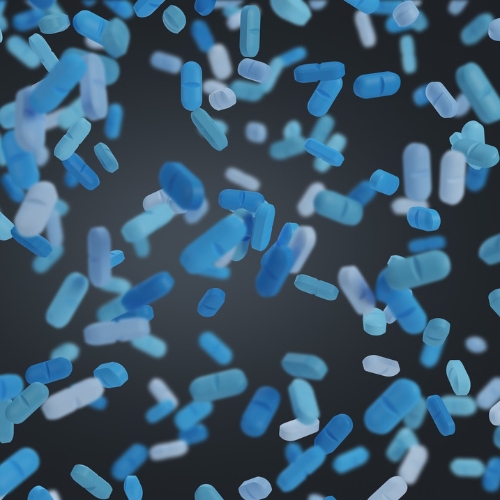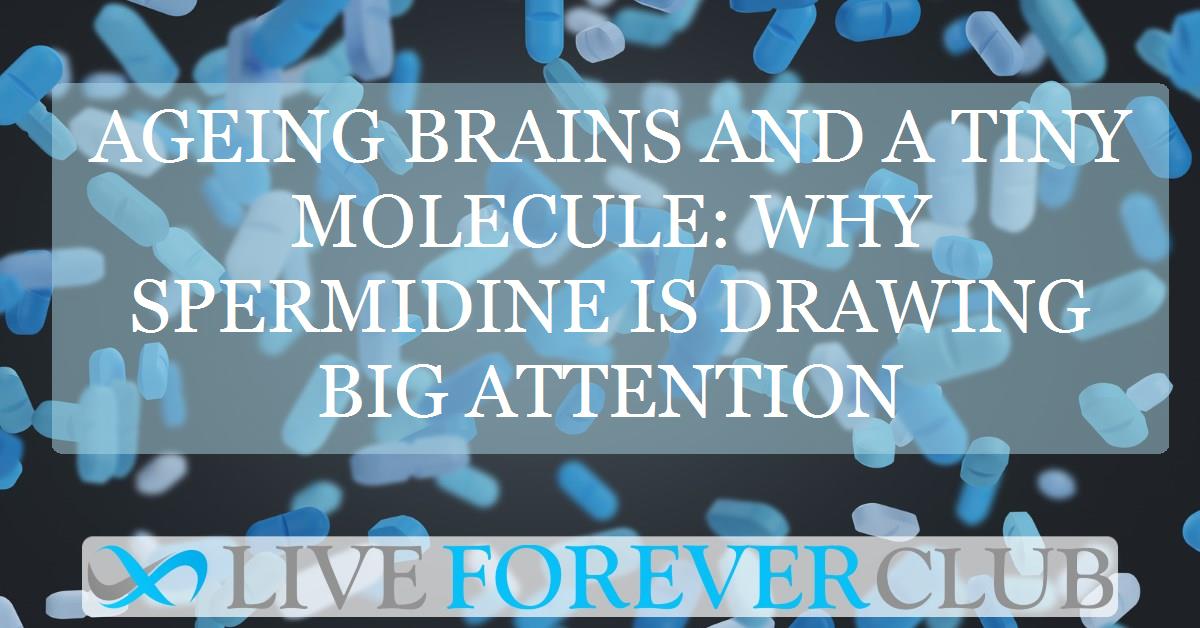Can a Natural Molecule Slow Cognitive Ageing? What Spermidine Research Reveals
As populations worldwide grow older, age-related cognitive decline has become one of the most urgent public health challenges. While medicines for dementia remain limited in their effectiveness, scientists are increasingly turning to nutrition and cellular biology to look for new answers. One molecule attracting considerable interest is spermidine, a naturally occurring polyamine found in food, human cells, and even the gut microbiome. A new synthesis published in General Psychiatry, led by Lirong Yu and Bin Li, offers the most comprehensive look yet at how spermidine might support brain health—and where major uncertainties still remain.
Why Spermidine? A Longevity Molecule Hidden in Plain Sight
Spermidine is involved in some of the most fundamental processes of life: cell growth, protein regulation, DNA stability, and a cellular clean-up mechanism called autophagy. Autophagy helps remove damaged proteins and supports the function of neurons, which are especially vulnerable to age-related stress.
Scientists have long known that caloric restriction—one of the most robust lifespan-extending strategies across species—raises endogenous spermidine levels. This has positioned spermidine as a promising caloric restriction mimetic, a compound that might deliver similar benefits without requiring strict dieting. Foods like wheat germ, soybeans, mushrooms, and matured cheeses naturally contain spermidine, raising the possibility that diet could modulate cognitive ageing.
What Observational Studies Show: A Mixed Picture
The new review analysed 18 observational studies exploring whether people with higher spermidine intake or blood levels have healthier cognitive ageing. Many studies offered optimistic links: greater dietary spermidine intake has been associated with lower risk of cognitive impairment, larger hippocampal volume, and better cognitive test scores.
However, this relationship is far from straightforward. Some studies reported the opposite—higher spermidine levels correlated with smaller hippocampal volume, worse Alzheimer’s scores, or poorer sleep quality. Why do results conflict so dramatically?
A major issue is that spermidine can be measured in multiple ways: brain tissue, serum, plasma, red blood cells, or diet. Each source reflects different aspects of the molecule’s biology. For example, over 90% of spermidine in blood is carried in red blood cells, not plasma. Even a slight amount of sample handling error can skew results dramatically.
Dietary spermidine adds even more complexity. Researchers still don’t know how reliably food intake translates into blood levels, especially since the gut microbiome plays a key role in producing and absorbing spermidine. Different diets, digestive conditions, and microbiomes across individuals may explain why two people eating similar amounts can show very different internal levels.
In short, observational studies offer intriguing clues—but also highlight the need for standardised measurement methods before researchers can draw firm conclusions.
Intervention Trials: Early Signals, but Not Consistent
Interventional studies—where participants actually take spermidine supplements—provide clearer evidence. The review identified four clinical trials, three of which reported encouraging improvements in cognitive measures such as memory performance and verbal recall.
For example, a 3-month trial in Germany found that older adults at risk of dementia showed moderate improvements in memory performance when given spermidine-rich plant extracts. Another year-long study in adults with dementia reported an average five-point improvement on the Mini-Mental State Examination, a substantial change for this population.
Yet not all trials succeeded. A 12-month placebo-controlled study found no meaningful improvement, raising the possibility that dose, duration, or participant characteristics influence results.
Some key factors influencing outcomes include:
1. Dose matters
At least one study suggests that low doses—chosen for safety—may simply be too weak to produce measurable cognitive benefits. High-dose studies in animals, meanwhile, show dramatic metabolic changes.
2. Assessment tools vary
Some cognitive tests are better at detecting subtle changes than others, meaning different studies may capture different aspects of cognitive function.
3. Safety looks promising—so far
Across all four trials, no serious adverse events were linked to spermidine, though longer-term safety remains largely unknown.
How Might Spermidine Support the Ageing Brain?
Mechanistically, spermidine is believed to:
- Boost autophagy, helping remove damaged cellular components
- Stabilise DNA and support healthy gene expression
- Regulate oxidative stress through its metabolite spermine
- Act along the “polyamine–hypusination axis,” a pathway tied to protein translation and stress resilience
These cellular processes are all implicated in ageing, making spermidine a biologically plausible candidate for cognitive protection.
Where the Research Goes Next
Despite promising signs, the evidence remains inconsistent. Future research must:
- Standardise how and where spermidine levels are measured
- Explore whether blood levels accurately reflect brain levels
- Identify optimal dosage and duration for supplementation
- Conduct longer trials in diverse ageing populations
Until then, spermidine remains a promising but not yet proven tool in the quest to slow cognitive ageing.
The study is published in the journal General Psychiatry . It was led by Lirong Yu from Shandong Second Medical University, Weifang, Shandong, China.







